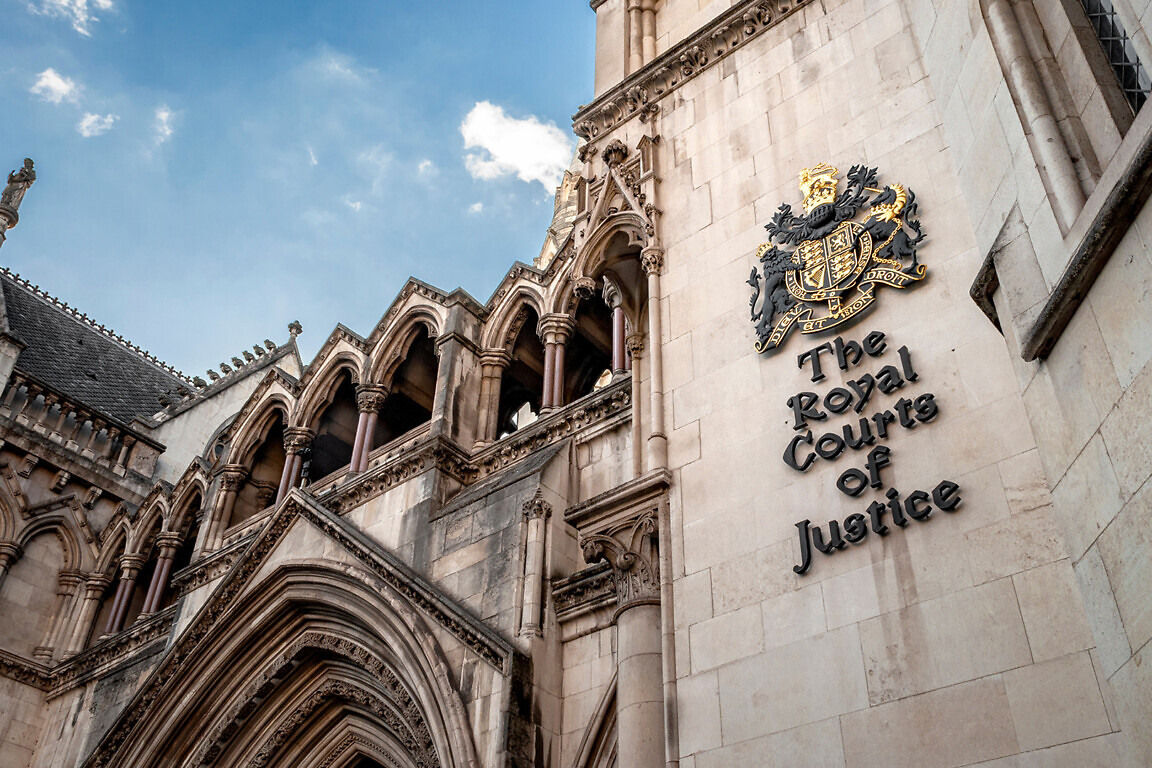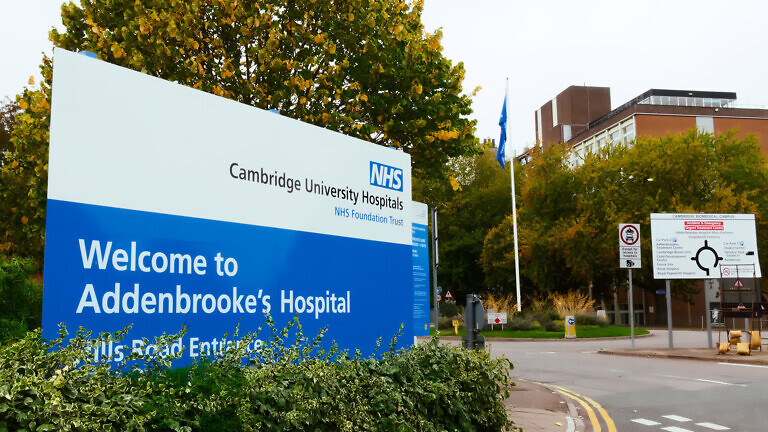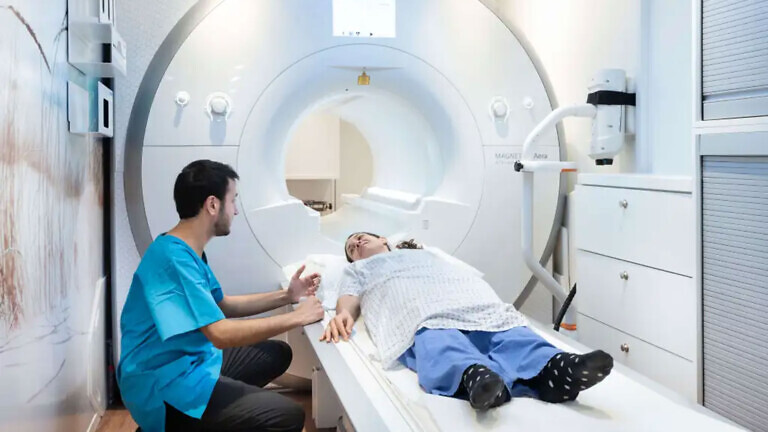The case brought by Anaesthetists United and the parents of Emily Chesterton will be heard at the Royal Courts of Justice in London this week.
The legal case brought by Anaesthetists United and the parents of Emily Chesterton – and supported by the British Medical Association – over what they see as the General Medical Council’s failure to regulate physician associates and anaesthesia associates (PAs and AAs) properly will be heard at the Royal Courts of Justice in London on Wednesday and Thursday this week, (14-15 May).
The parents of Emily Chesterton, whose daughter died aged 30 after two appointments with a physician associate whom she believed was a GP, have joined with Anaesthetists United to bring a judicial review against the UK’s medical regulator. They allege that the GMC has failed in its statutory duty to set standards by ensuring a clear scope of practice that would prevent such dangerous blurring of lines between the roles of PAs and doctors in the future.
The BMA is financially supporting their case.
“As we begin this court case… we are saying simply that there must be no more stories like Emily’s. When our patients need to see a doctor, they must know that they are seeing a doctor,” said BMA chair of council Professor Philip Banfield.
Endangering patients
After Emily Chesterton died in November 2022, questions were raised in Parliament by her then-member of parliament Barbara Keeley, who pointed out that Chesterton was diagnosed with a sprained ankle and told to rest and take paracetamol.
“The physician associate who saw Emily did not introduce herself and her role to Emily during the appointment. The practice said that the physician associate had failed to explore the causes of Emily’s symptoms, failed to refer Emily for clinical investigations, and failed to consult a doctor after seeing a patient who had presented twice in one week with significant risk factors for pulmonary embolism. The practice also raised concerns about the physician associate’s overconfidence and lack of insight into the limitations of her clinical knowledge and practice,” the Labour MP said.
Meanwhile, the BMA has said that it is appealing its related case against the GMC over the regulator’s use of the term “medical professionals” to describe PAs.
Towards the end of April, as Healthcare Today reported, the High Court dismissed a judicial review claim brought by the BMA against the use of physician associates and anaesthesia associates.
“We know from bitter experience that without a clear scope of practice in place, PAs will be permitted to do medical work and procedures that far exceed their capabilities, often with terrible consequences,” said Banfield.



